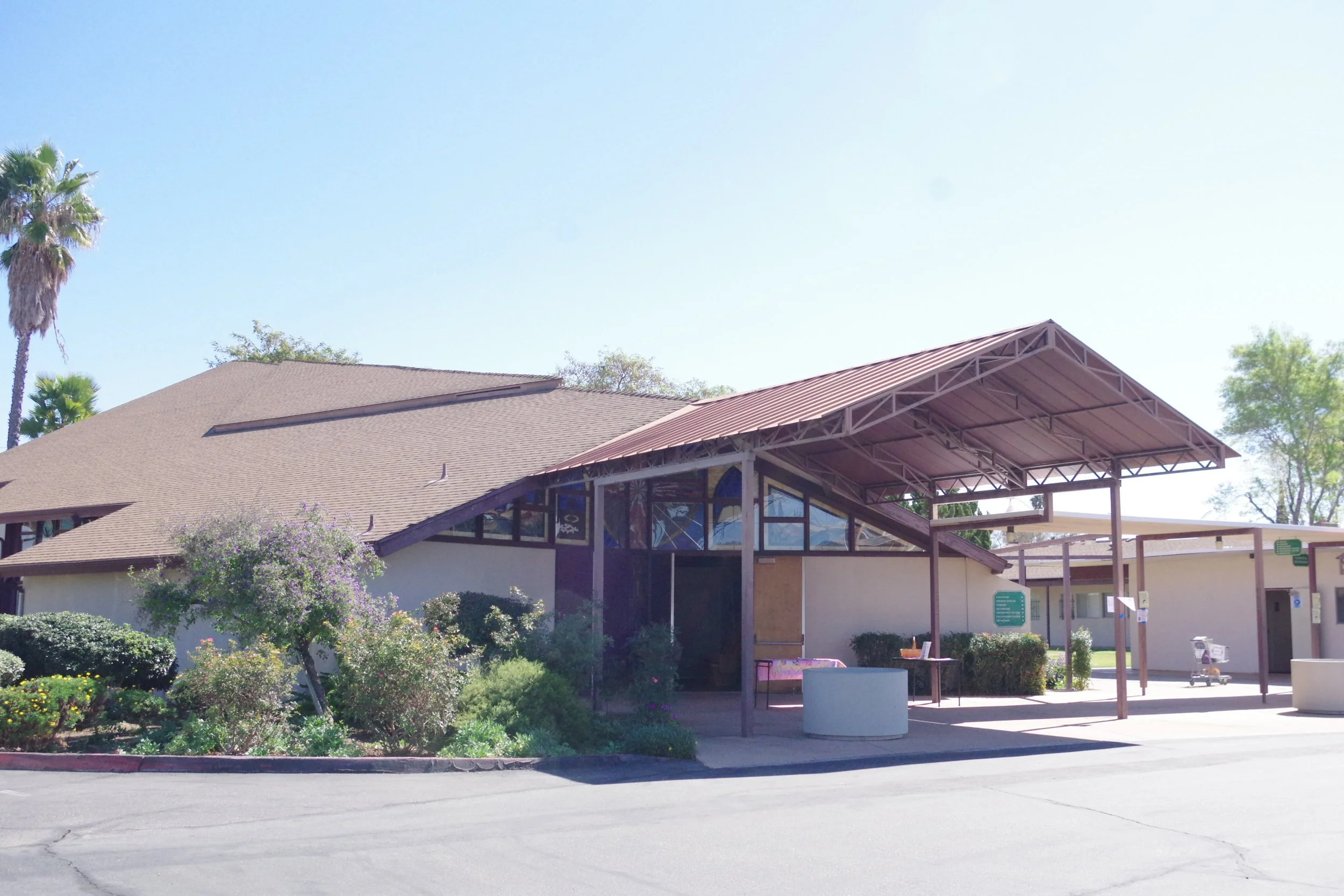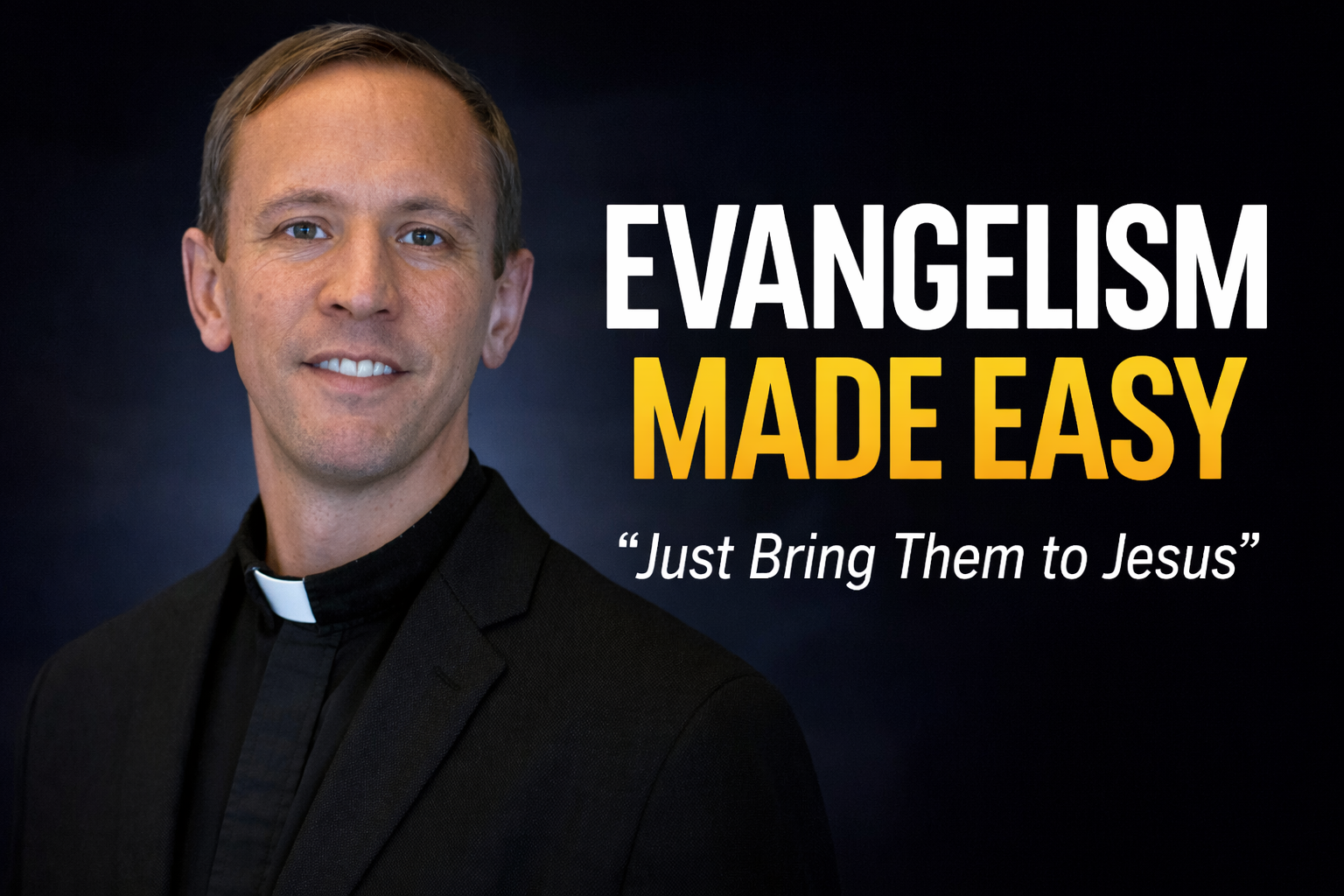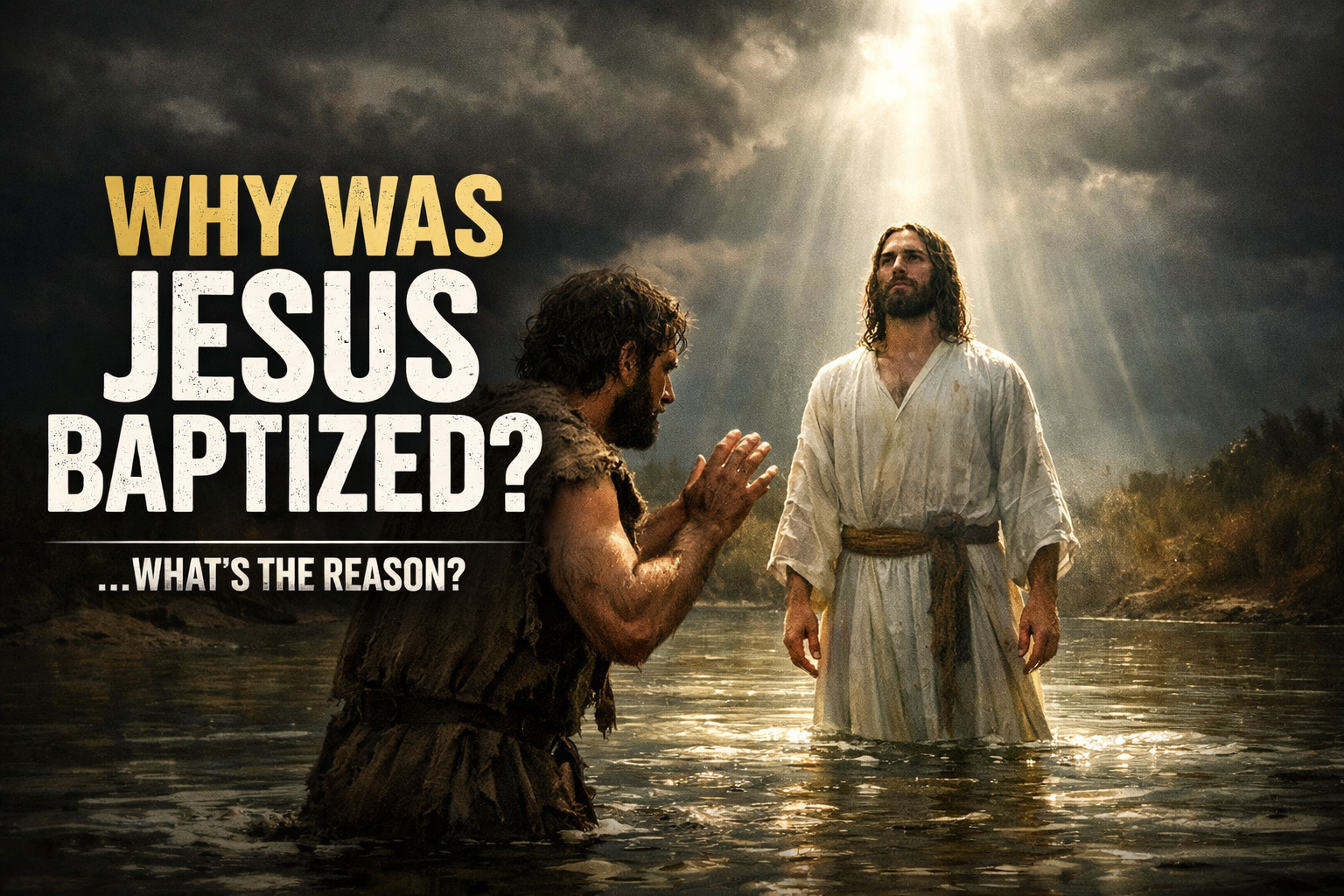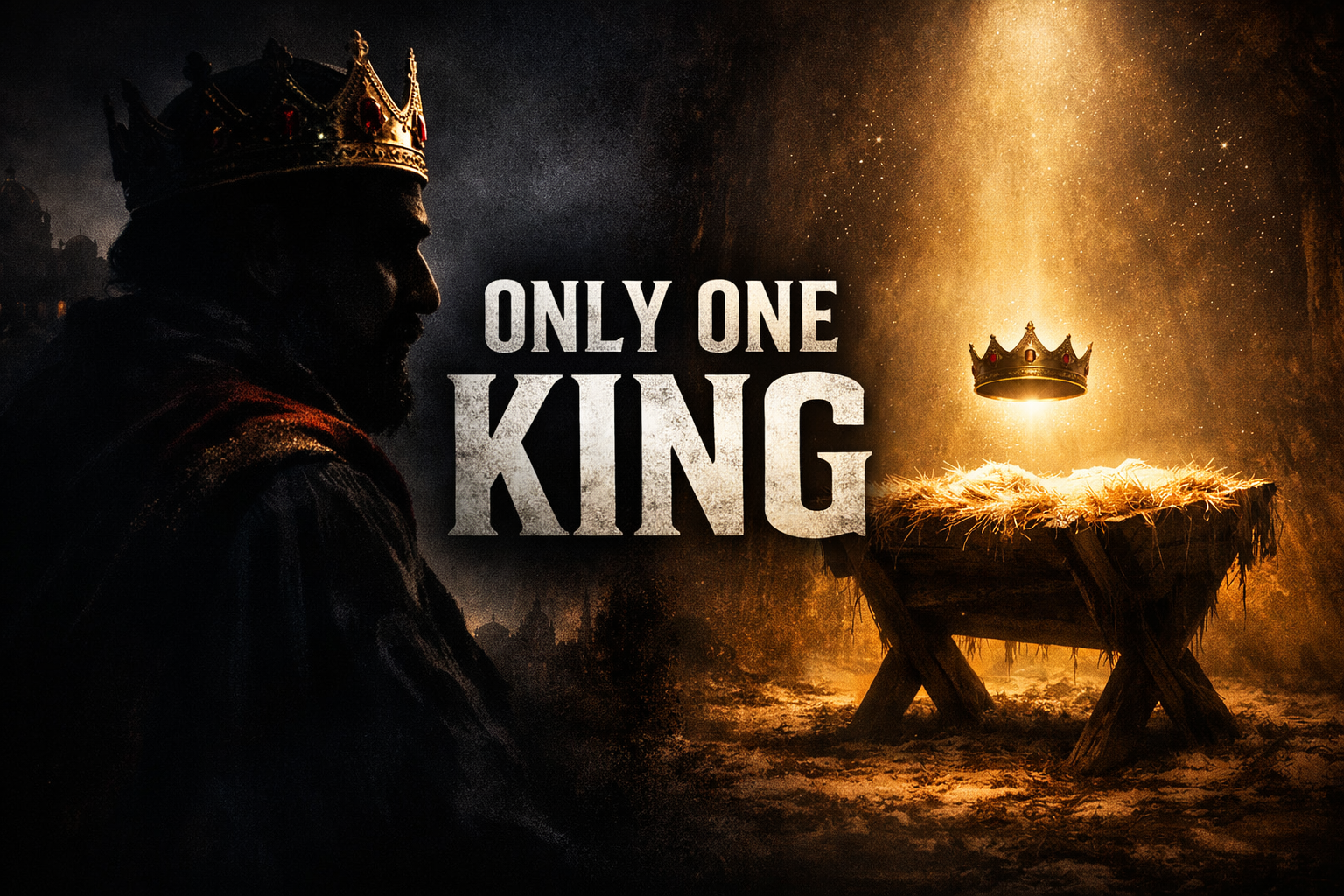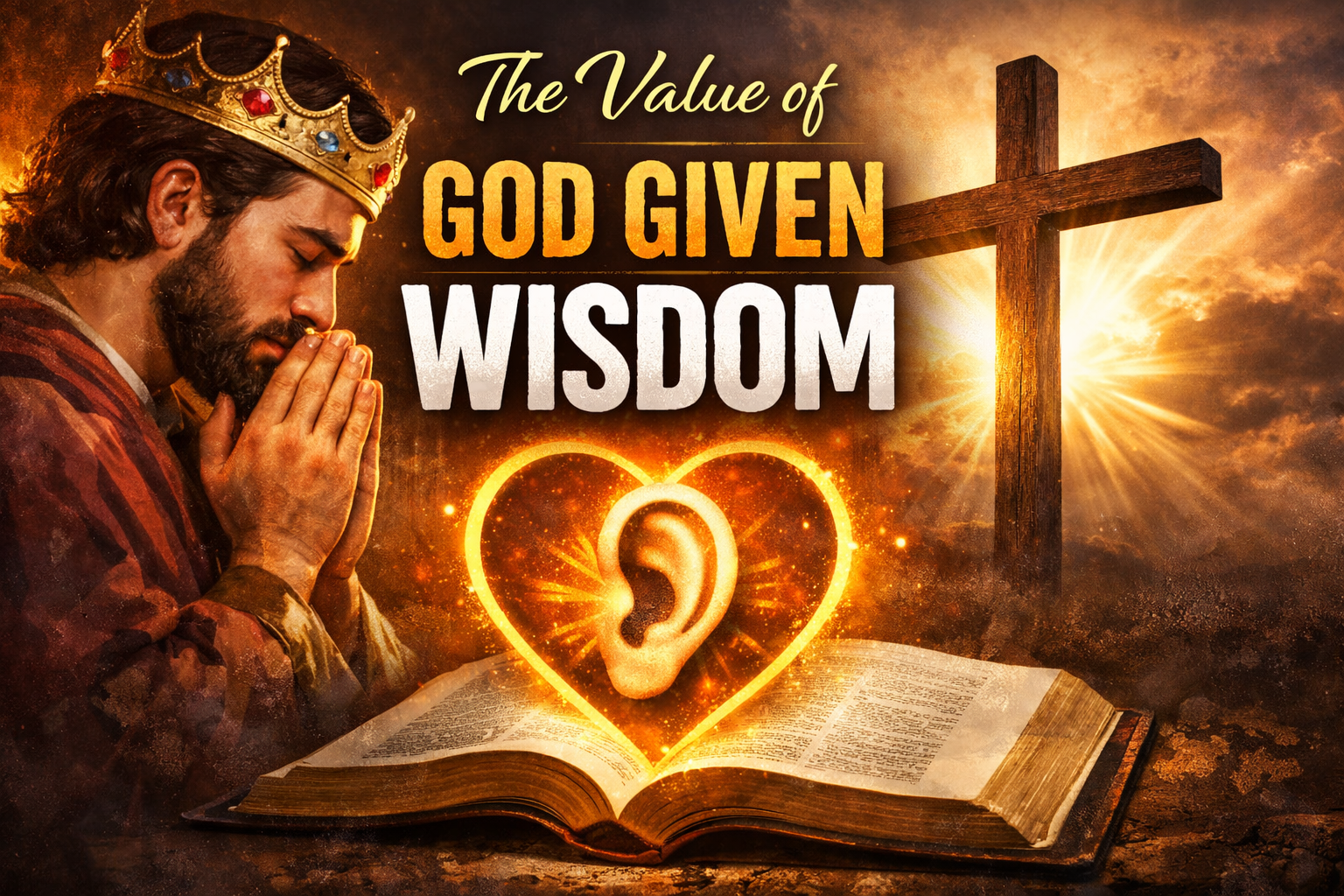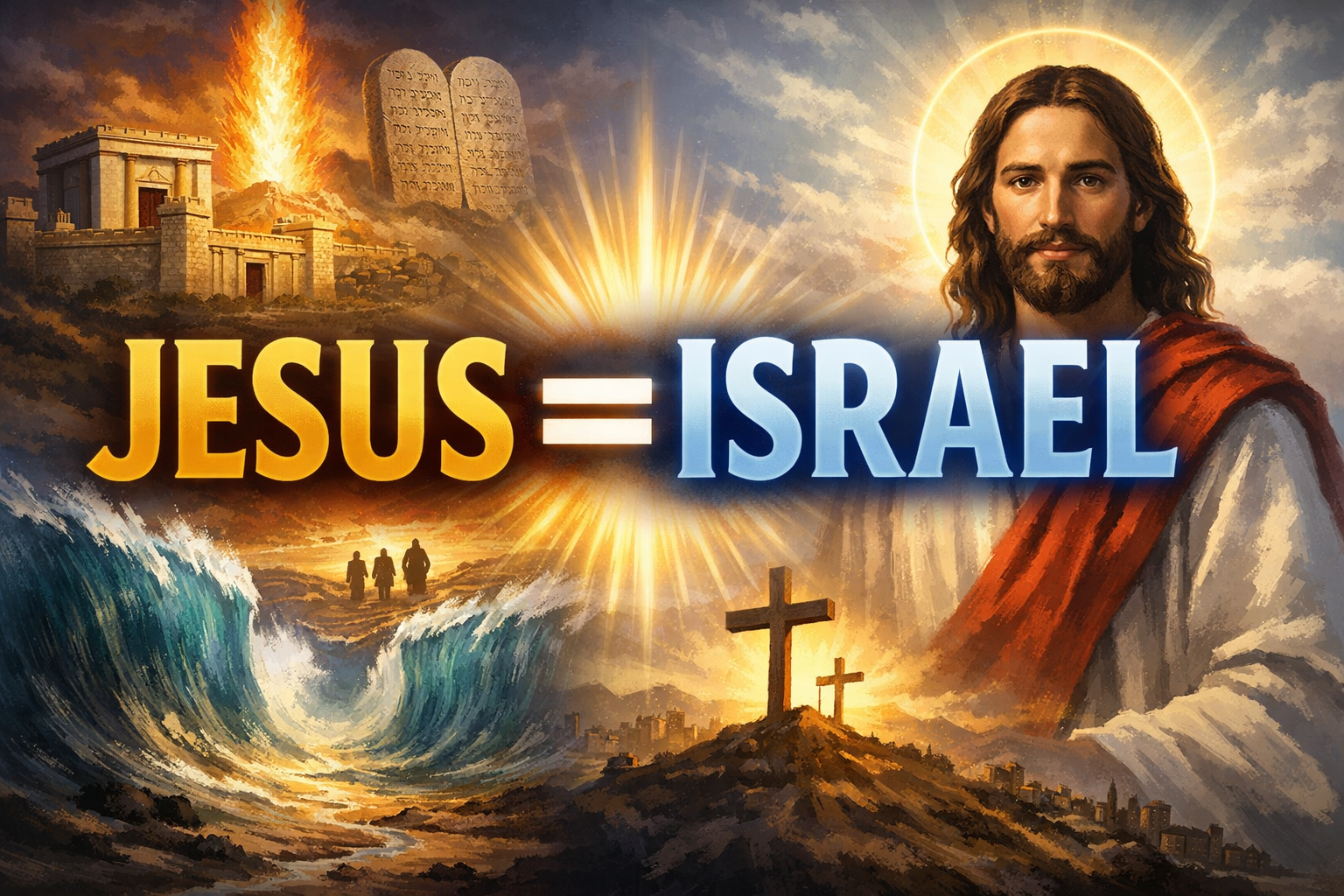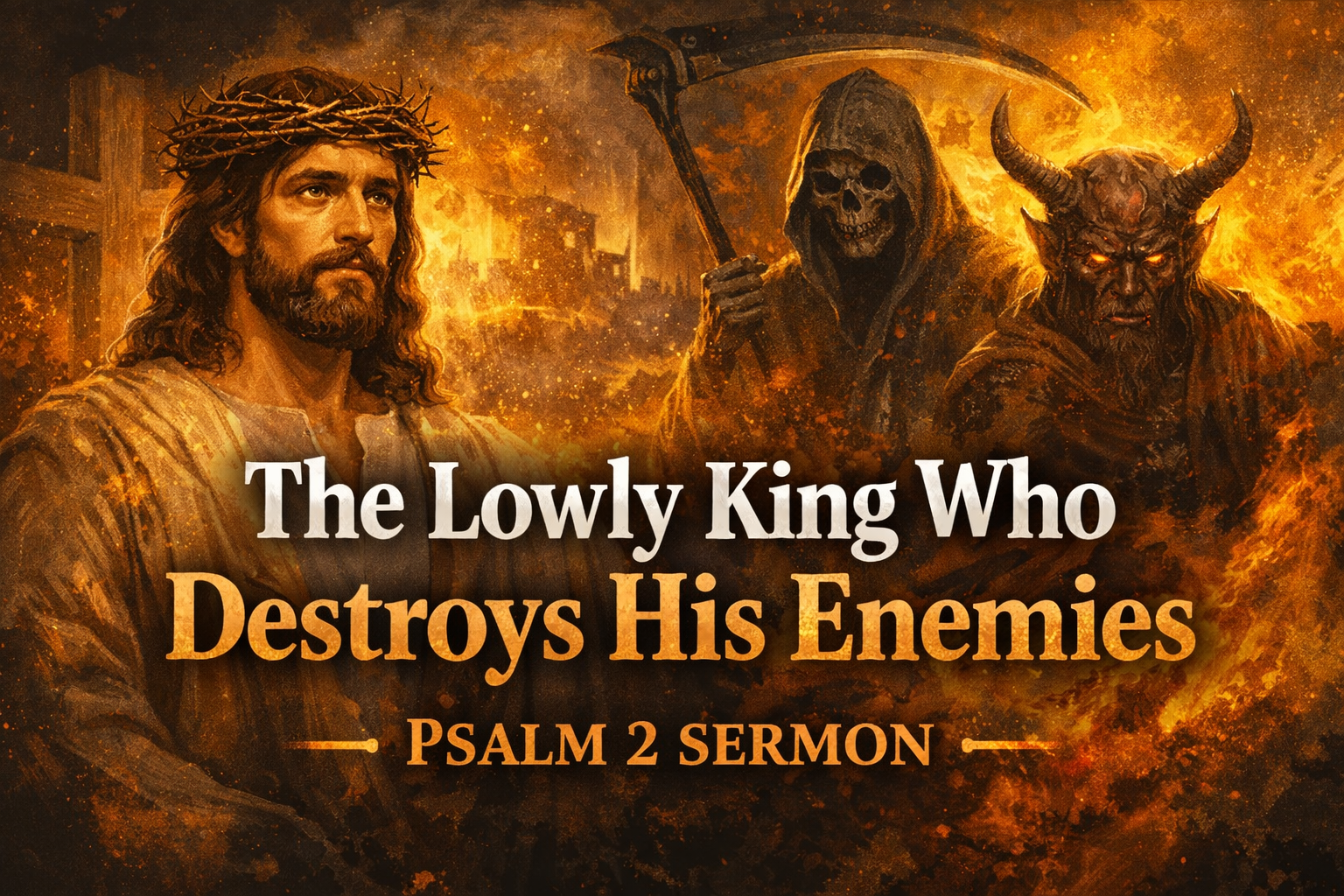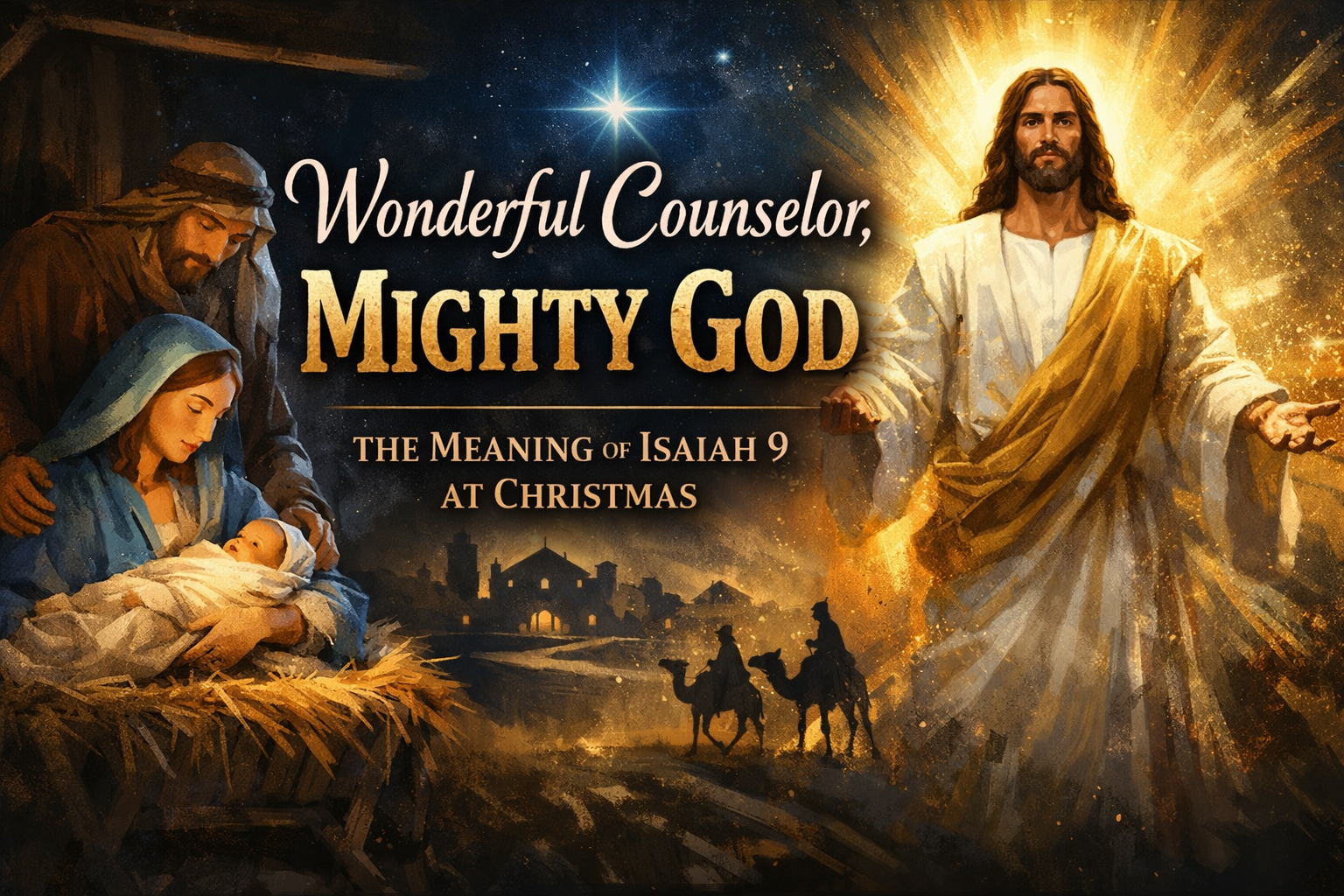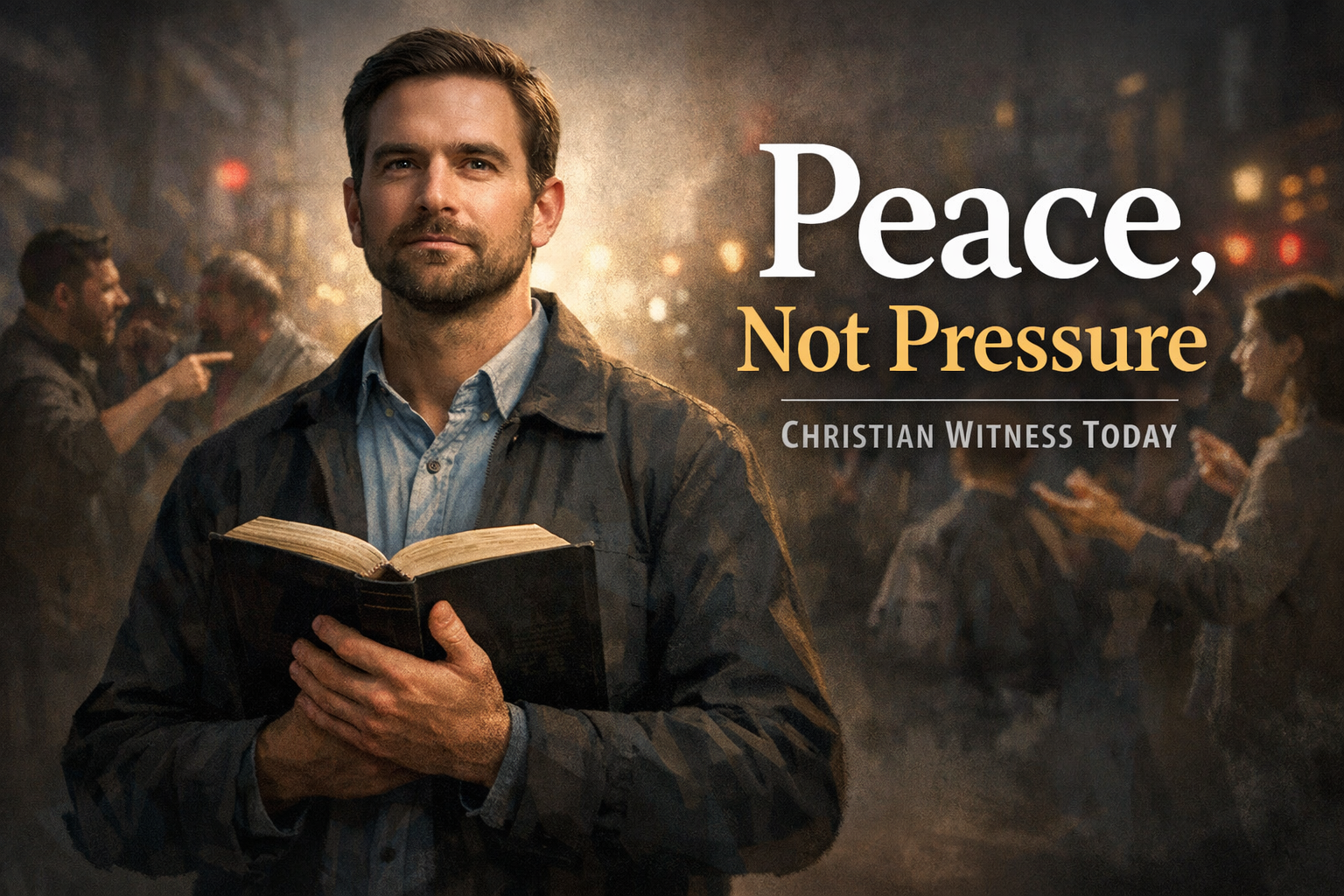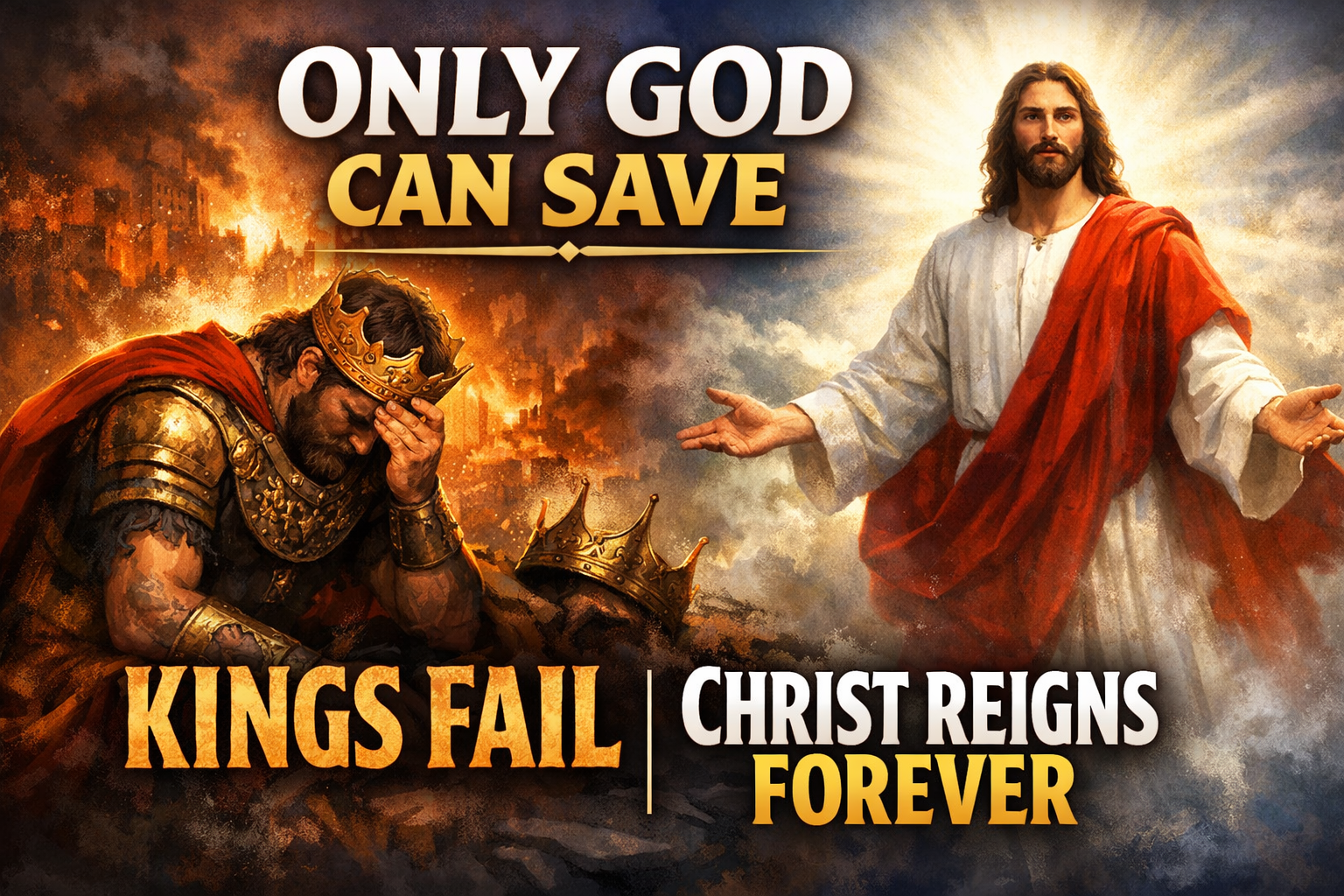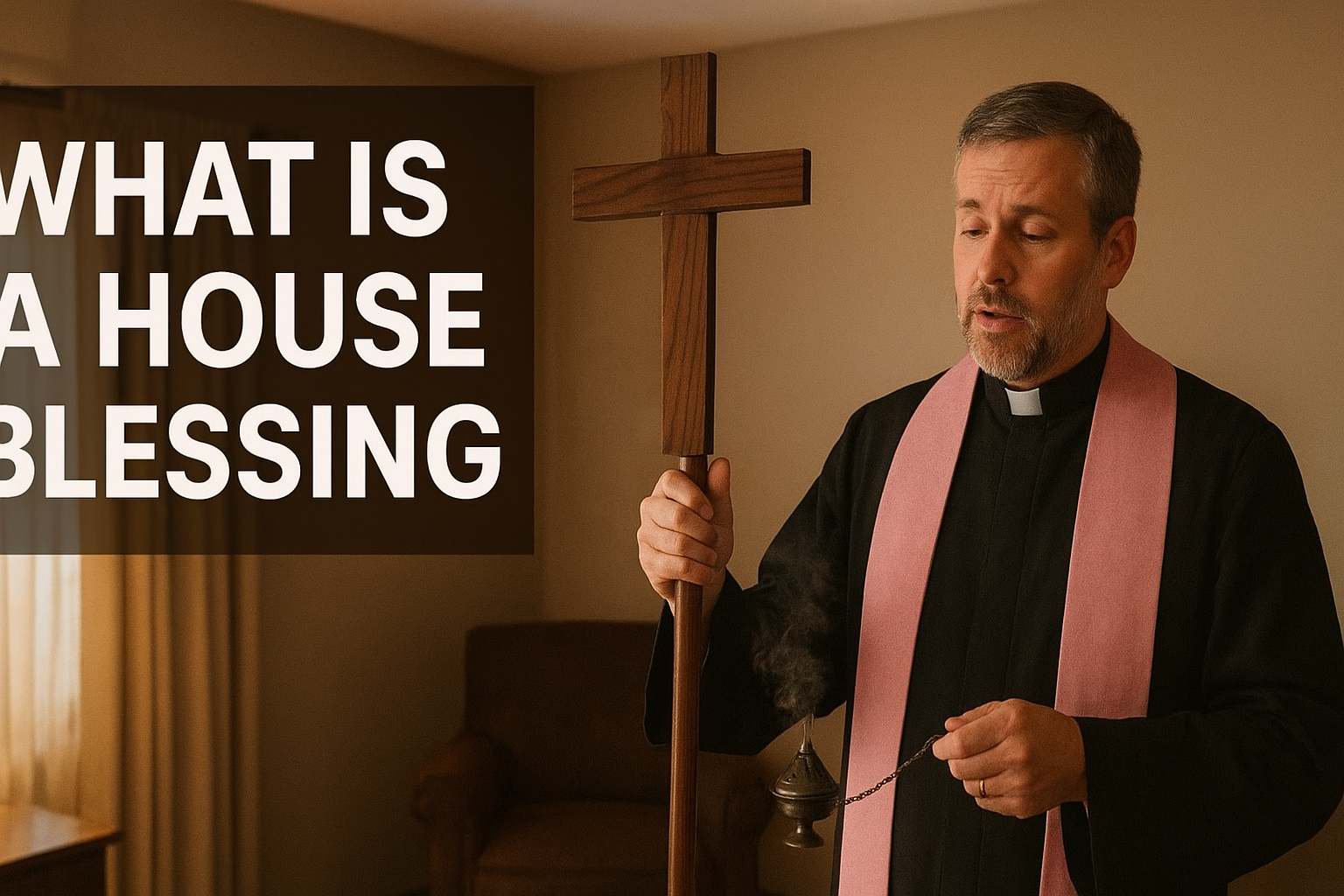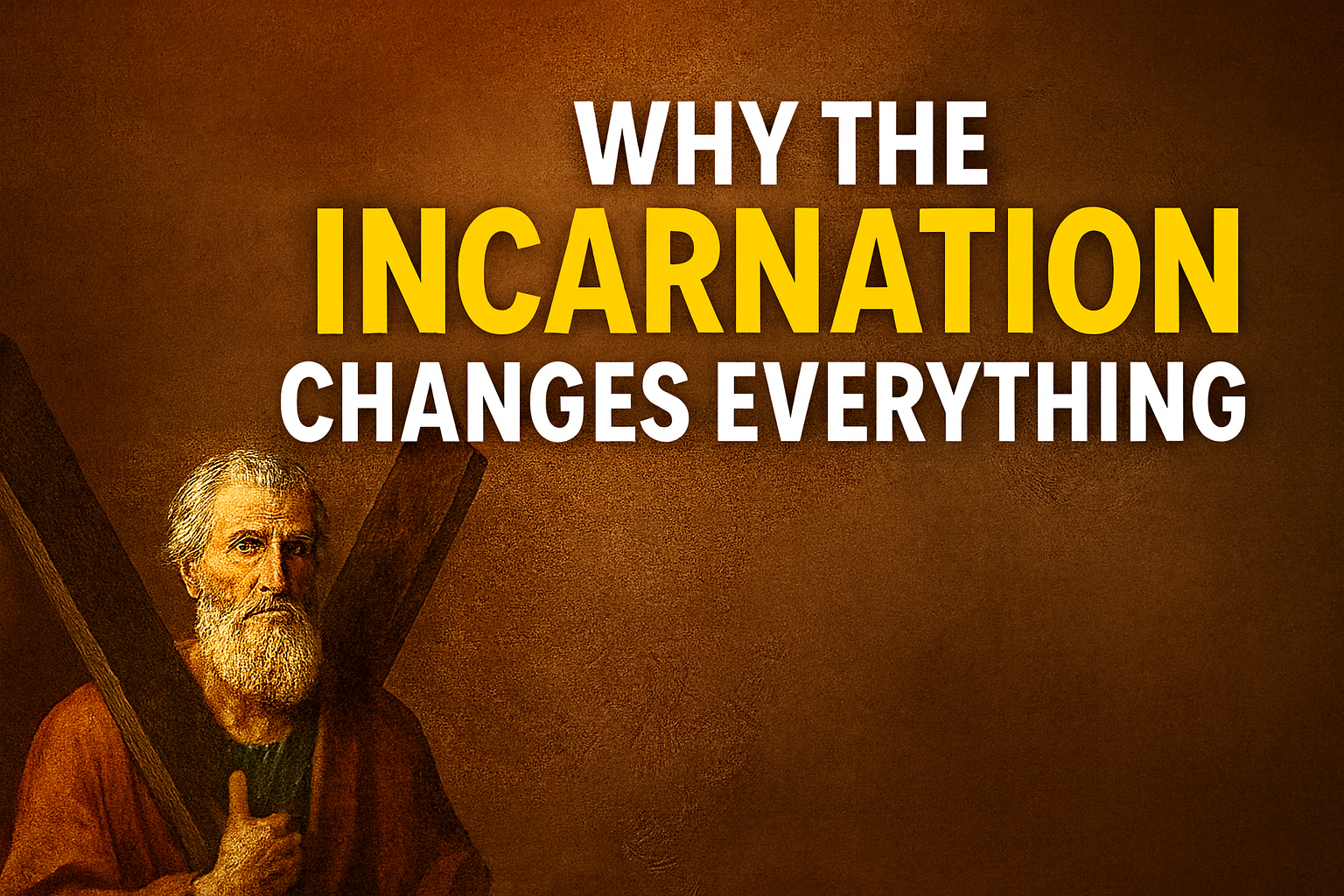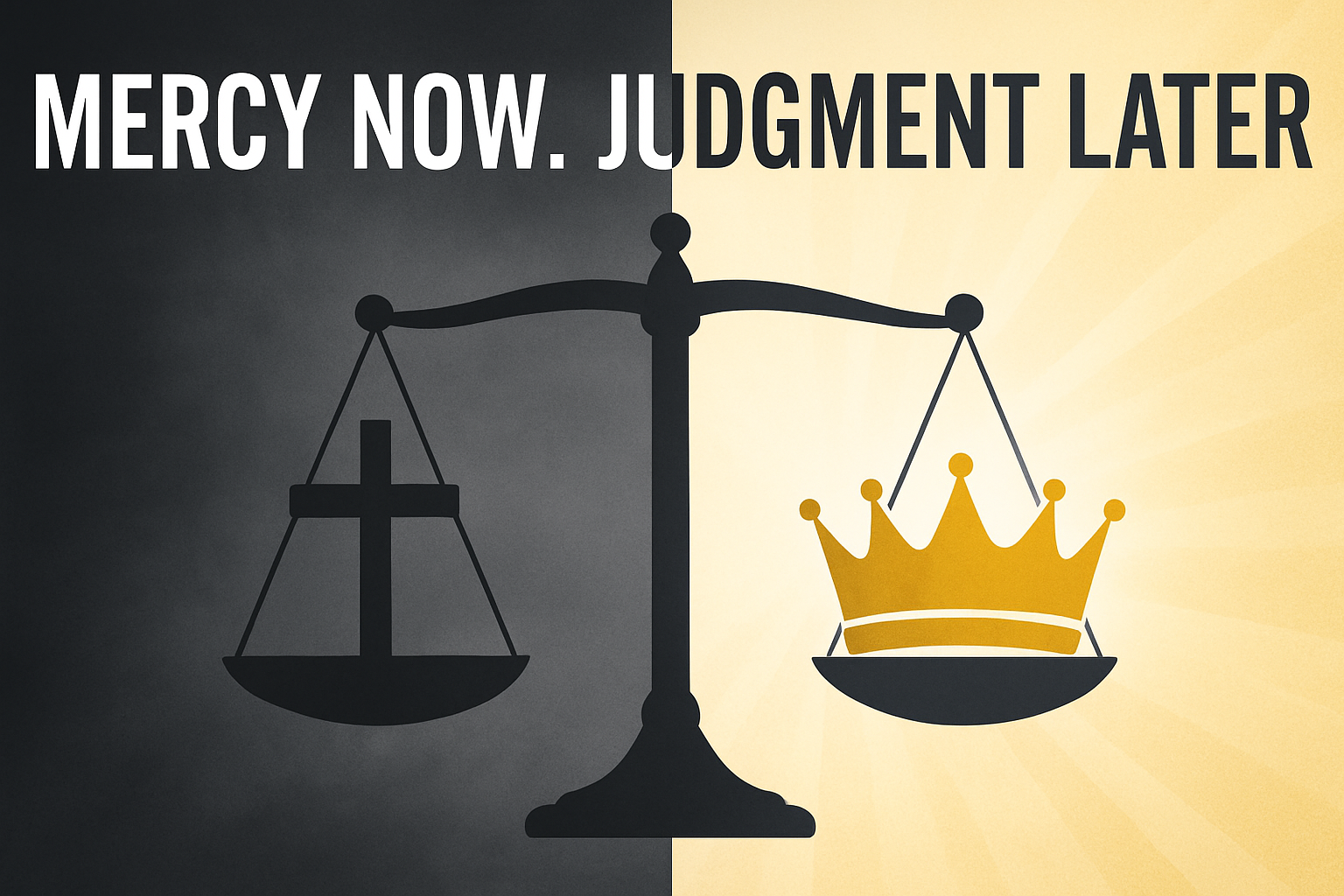Scripture Reading: 1 Corinthians 1:18-31
For the word of the cross is folly to those who are perishing, but to us who are being saved it is the power of God. For it is written,
“I will destroy the wisdom of the wise,
and the discernment of the discerning I will thwart.”
Where is the one who is wise? Where is the scribe? Where is the debater of this age? Has not God made foolish the wisdom of the world? For since, in the wisdom of God, the world did not know God through wisdom, it pleased God through the folly of what we preach to save those who believe. For Jews demand signs and Greeks seek wisdom, but we preach Christ crucified, a stumbling block to Jews and folly to Gentiles, but to those who are called, both Jews and Greeks, Christ the power of God and the wisdom of God. For the foolishness of God is wiser than men, and the weakness of God is stronger than men.
For consider your calling, brothers: not many of you were wise according to worldly standards, not many were powerful, not many were of noble birth. But God chose what is foolish in the world to shame the wise; God chose what is weak in the world to shame the strong; God chose what is low and despised in the world, even things that are not, to bring to nothing things that are, so that no human being might boast in the presence of God. And because of him you are in Christ Jesus, who became to us wisdom from God, righteousness and sanctification and redemption, so that, as it is written, “Let the one who boasts, boast in the Lord.”
Boasting in the Cross: Finding True Worth in Christ Alone
Preacher: Roland Rossmiller
Scripture Foundation: 1 Corinthians 1:26-31
Grace, mercy and peace be to you from God our Father and from the Lord and Savior, Jesus Christ. Amen.
The Hidden Problem of Human Boasting
We all boast. Sometimes the words even come out loud for others to hear. Most of the time, the boasting stays quiet, hidden inside our hearts, where only God sees it. We tell ourselves things like:
"I worked hard and figured life out"
"Look at what I have accomplished in my life"
"I raised good kids"
"My family is doing really well"
"My marriage is strong"
Even in the church, we find ways to boast: "I have served here longer than most people," or "I know more Bible verses than the average person."
The Corinthian Church and Our Modern Struggle
The Christians in Corinth were no different. They loved to brag about their smart speeches, their high position, their impressive lives. Paul looked straight at the problem, and he tells them—and us—that the message of the cross makes all human boasting look empty and small.
When we find our value in anything other than Jesus crucified, it shows that our hearts are still holding on to ourselves instead of resting in Jesus and His grace.
Why Wrong Boasting Hurts Us
Wrong boasting shows pride and insecure hearts. We often use the world's way of measuring success. The world loves:
Power that impresses people
Wisdom that sounds clever
Success everyone can see
We take those standards and use them on God, the church, and even on our own lives.
How We Measure Success Wrongly
The Jews in Paul's age wanted miracles—big signs of power. The Greeks wanted polished teaching that made them feel smart. We do something similar today:
We judge a church by how many people show up each Sunday
We evaluate based on how smooth the preacher is or how exciting it feels
We decide a church is good based on growth numbers, nice buildings, and charismatic leaders
We even look at our own faith and wonder if God is pleased with us because our life looks successful to the outside world
Four Ways Wrong Boasting Reveals Our Hearts
Why does this kind of wrong boasting hurt us so much? It shows what is really going on inside our hearts:
1. It Shows Pride
We secretly believe we bring something valuable to God, something that makes us deserve His love.
2. It Shows Self-Trust
Deep down, we feel safer relying on our own hard work than on what Jesus did on the cross.
3. It Shows Insecurity
Our sense of worth depends on keeping up appearances. When things slip, when we fail, or when life gets hard, we become afraid, angry, or depressed.
4. It Traps Us in Performance
It locks us in a cycle of trying to perform well enough to feel okay. It steals our peace.
Worst of all, it hides the true message of the cross: We are helpless sinners. We cannot impress God. We cannot save ourselves. When we boast in the wrong things, we make the cross seem unnecessary and weak. Then when life disappoints—as it always will—we are left anxious, empty, and afraid.
An Example: Boasting About Family
Let me give you an example: boasting about family. We say things like, "My kids turned out great. Our home life is perfect." Those words often come from a heart that trusts in control and effort more than God's grace.
God's Answer: Christ Crucified
God has an answer: Christ crucified. He ends our boasting and gives true safety.
God has a better plan. He chooses what the world calls foolish and weak—on purpose. He does this to destroy all human pride.
Paul reminds the Corinthians in verse 26: "Not many of you were wise by the world's standards. Not many were powerful. Not many came from important families."
God picks the small, the weak, the overlooked, so that no one may boast in His presence.
The Good News That Heals Our Boasting
The good news of Jesus directly heals our wrong boasting. Christ crucified is God's real power and God's real wisdom. He saves us through something that looks like complete failure—through weakness, shame, and death on a cross.
Listen to these beautiful words from verse 30:
"Because of him, you are in Christ Jesus. Christ became for us wisdom from God, righteousness, holiness, and redemption."
What This Means for You
Wisdom: You do not think your way to God or behave perfectly to reach Him. The cross shows the hard truth about our sin and the wonderful truth about God's love.
Righteousness: You did not earn a right standing with God by being successful, moral, or having a perfect family. Jesus lived the perfect life you could not live. He covers every failure and every proud word you have ever spoken. All your sins—even your boasting—were nailed to the cross with Him.
Holiness and Sanctification: You are set apart as God's own, not because of your spiritual discipline or how mature you feel. Christ makes you holy. His Holy Spirit works in you continually, even when you feel weak and messy.
Redemption: Jesus bought you completely. You belong to Him now, not because you impressed Him, but because He paid the full price with His blood.
What Happens When We Boast Only in Christ
When we boast only in Christ, something wonderful happens in our hearts:
1. Freedom
We no longer have to prove our worth every day. Our place with God is safe because of His grace alone.
2. Security
When family life falls apart, when health fails, when successes disappear, Christ never changes.
3. Humble Trust
We finally admit that we are nothing without Him.
4. Thanks and Joy
We stand amazed that God would choose and save a weak, boastful sinner like ourselves.
5. Real Love
Because we no longer need other people's approval, we can serve them freely and without strings attached.
Remember Your Baptism
In your baptism, the cross of Christ was placed on you. The old, proud, boastful self was drowned in the water. Jesus claimed you as His own forever.
So when the temptation comes to boast in yourself—or to despair because you have failed—come back to the truth:
Jesus carried your pride. He carried your need to look good. He carried your secret fears to the cross. In return, He gives you His perfect righteousness, completely free.
Rest there. Stay there.
How to Reshape Our Speech and Lives
Paul's final word is simple and clear from verse 31:
"Let the one who boasts boast in the Lord."
We stop boasting in:
Our intelligence
Our success
Our good behavior
Our perfect family
Our church record
Instead, we boast in Christ crucified—the Savior who picked weak, foolish sinners like us, who died for our pride, and who gives us wisdom, righteousness, holiness, and redemption as free gifts.
Practical Ways This Changes Our Daily Lives
When Family Feels Messy
When kids disappoint or our relationships are strained, boast in the Lord who redeems broken homes and whose grace is bigger than our failures.
When Achievements Fade
When health declines or when we can no longer keep up, boast in the Lord whose power is made perfect in our weakness.
When We Compare Ourselves to Others
When we catch ourselves comparing or trying to prove we are better than others, turn and boast in the Lord who chose us before we had anything to offer Him.
In Our Conversations
When we talk with family, friends, and coworkers, we can stop promoting ourselves. Instead, point to Jesus: "I am not impressive at all, but look what Jesus has done for sinners like me."
A New Way of Boasting
This new way of boasting humbles us completely—no pride is left. At the same time, it lifts us up. We have eternal security in God's unchanging grace.
The world never stops asking the same questions:
What have you achieved?
How impressive are you?
What makes you stand out?
The cross of Jesus asks only one question: Who has saved you?
The answer is: Jesus Christ, crucified for our sins and risen from the dead. He saved us through what the world calls foolish and weak. He did this in ways that ensure no one can ever boast before God.
Conclusion: Set Free to Boast in the Lord
Because of Him, we are no longer slaves to wrong boasting. We are set free. We boast only in the Lord, His cross, His gifts, and His never-ending grace.
May the peace of God, which surpasses all our understanding, guard your hearts and minds in Christ Jesus.
Amen.
Find us on Youtube, Apple Podcasts, or Spotify.
